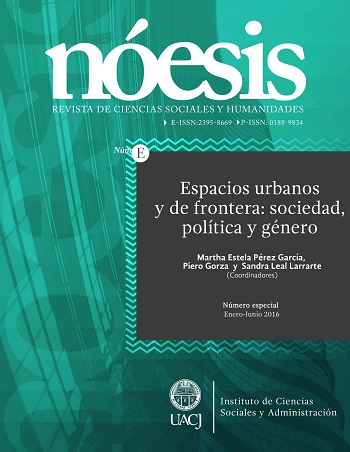Smart cities as hacker cities. Organized urbanism and restructuring welfare in crisis-ridden Italy
This article is concerned with the discursive rationality of the smart city, in the context where it became a powerful narrative of urban change in crisisridden Italy - right after the first stage of the Euro crisis in 2011-2012. While functioning as a vague signifier that could be used to rebrand a...
সংরক্ষণ করুন:
| প্রধান লেখক: | |
|---|---|
| বিন্যাস: | Artículo |
| ভাষা: | eng spa |
| প্রকাশিত: |
Universidad Autónoma de Ciudad Juárez
2022
|
| বিষয়গুলি: | |
| অনলাইন ব্যবহার করুন: | http://erevistas.uacj.mx/ojs/index.php/noesis/article/view/960 |
| ট্যাগগুলো: |
ট্যাগ যুক্ত করুন
কোনো ট্যাগ নেই, প্রথমজন হিসাবে ট্যাগ করুন!
|
| সংক্ষিপ্ত: | This article is concerned with the discursive rationality of the smart city, in the context where it became a powerful narrative of urban change in crisisridden Italy - right after the first stage of the Euro crisis in 2011-2012. While functioning as a vague signifier that could be used to rebrand anything urban as “smart”, the smart city also portrayed cities as actors of change, as “hackers” that could leverage technological innovation to respond to social and economic crises. Starting from this observation, two arguments are explored in the paper. First, those smart city narratives follow a long tradition of biological urbanism, combining techno-utopian imageries with the more mundane question of addressing economic downturns. Secondly, that the depiction of cities as organic growth machines was, at least discursively, an experiment in rethinking the welfare state for an age of austerity. |
|---|---|
| আইএসএসএন: | 2395-8669 |
